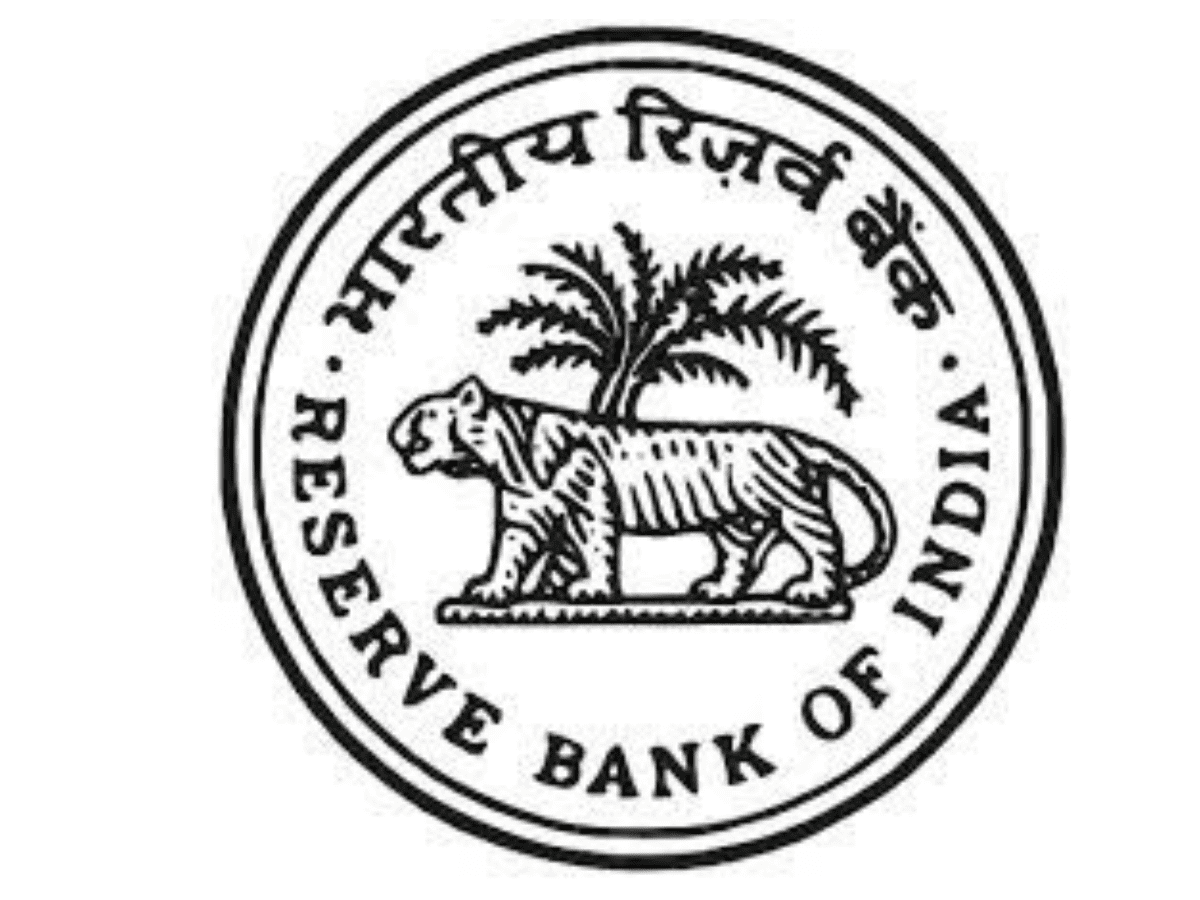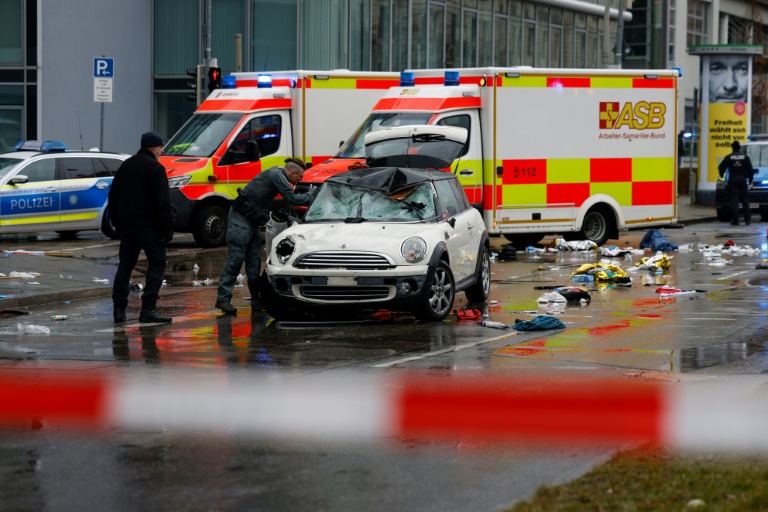Her company then successfully cultures fish and next has its sights set on grain, throwing the world’s agricultural labourers up in arms.
Since her work angers many, her life is in danger, and that puts her in need of a highly trained bodyguard. Enter ex-soldier Woo Chae-woon (Ju Ji-hoon, Kingdom) who begins working at her side, protecting her but also helping her to figure out who is targeting her.
Chae-woon is not merely her guardian angel. He is also secretly doing the bidding of ex-president Lee Mun-kyu (Jeon Kuk-hwan), who wants to find out if Ja-yu is the person responsible for the bombing that robbed him of the use of his legs.
As it turns out, Chae-woon is also a cog who does not quite understand how he is being used. Mun-kyu’s grandson Seonu Jae (Lee Hee-joon) is Korea’s current prime minister, and his father, Seonu Geun (Eom Hyo-seop), Mun-kyu’s son-in-law, is the head of the giant corporation Dorson, which aspires to acquire BF.
The series does not introduce all these characters straight away, probably because once all those cards are laid out on the table, most viewers will know exactly where the story is headed. To delay the inevitable, the show first turns its lens inward, as Ja-yu begins to realise there is a traitor in her midst.
In the end, we discover that there are several moles, including head of planning Jeong Hae-deun (Park Ji-yeon), who is later subjected to several ludicrous sessions of mind-scanning interrogation in the basement of BF.
Amid the blandly choreographed action scene that marks the show’s climax, one small moment stands out that gives a hint of what the show could have been.
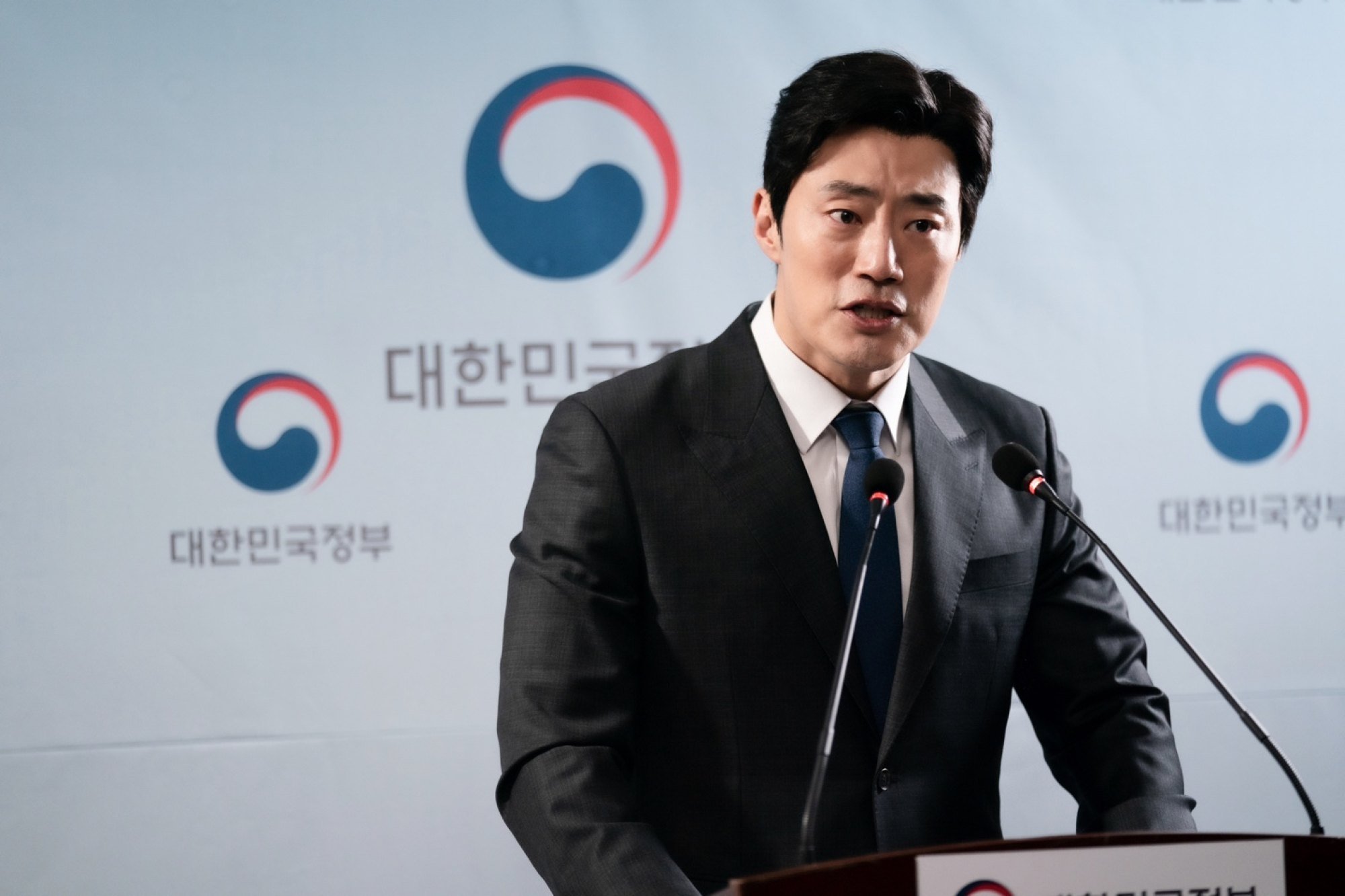
Chae-won beats up some Swat team operatives sent by the corrupt prime minister in a corridor of the BF lab, but the best part is seeing BF researcher Hong Sae-ip (Yi Seo) strangling one of the soldiers with a lab-grown human intestine.
This is a throwaway moment that some might not even notice, as Sae-ip’s gnarly survival method does not even get a close-up, but it is a genuinely creative moment that makes novel use of the show’s concept.
While the public-facing side of BF was busy creating cultured food, Ja-yu and her scientists have also quietly been engineering cultured human organs which could make illness a thing of the past.
This is where the show’s Korean title – “Dominant Species” – comes into play. But, once again, the show gives this presumably significant theme short thrift. All we get is a dry conversation between Ja-yu and her co-founder On San (Lee Moo-saeng) about their true ambitions for the company.
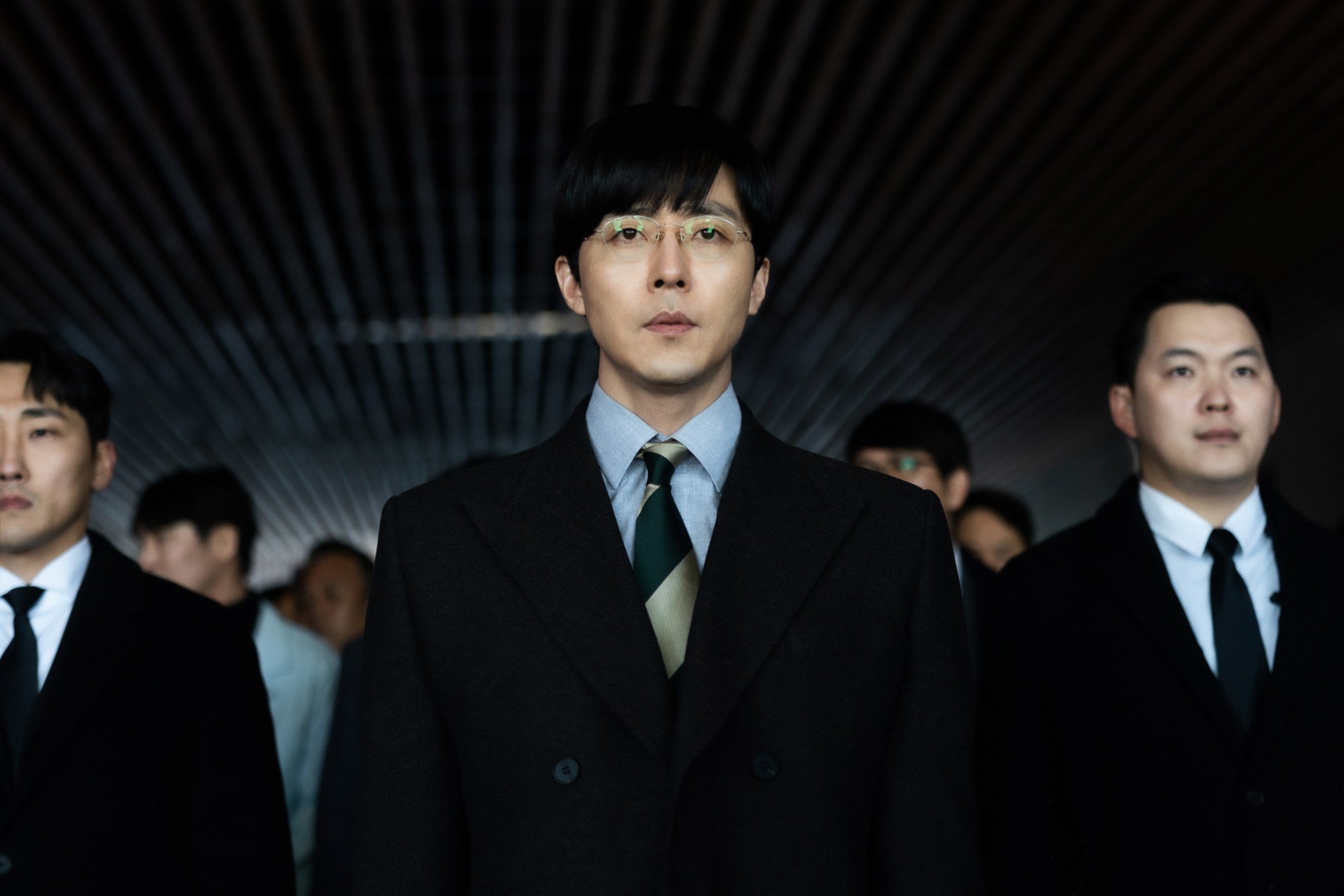
Sae-ip strangling an aggressor sent by a corrupt government is a far cooler metaphor for achieving power through science, but alas that was probably unintentional.
Blood Free also demonstrates the Korean drama industry’s incipient struggles with structuring multi-season narratives.
Whereas most Western television is designed to accommodate multiple seasons, Korean shows tend to be designed as closed stories that are not meant to go beyond one season, which for many viewers is one of their selling points.
However, Korean dramas’ global popularity over the past few years has forced the genre to evolve, especially as international fans clamour for more seasons of their favourite shows.
Most of the K-dramas whose producers are angling for a second season still feature closed stories that end with codas that tease continuations.
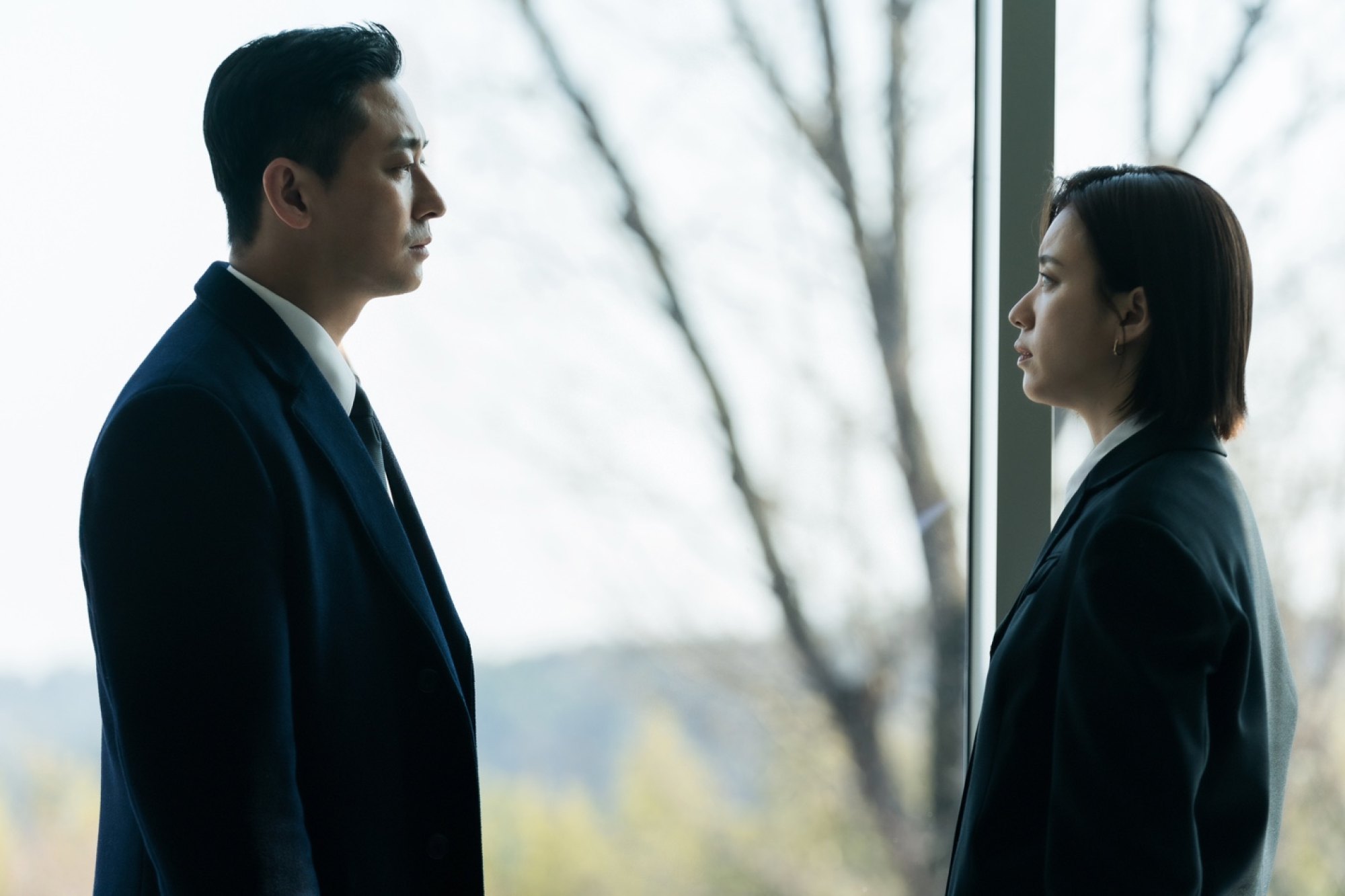
Blood Free, on the other hand, goes too far in the opposite direction. Its producers have assumed it will be renewed for a second season, but its first season finale lacks a sense of climax.
The story does not come to a close so much as cuts off mid-sentence. Given the meagre entertainment value of what has gone before, this abrupt conclusion falls well short of having the desired cliffhanger effect.
This well-funded Disney+ original series features some well-designed sets but is let down by unimaginative cinematography and lighting, while the performances across the board are adequate but fail to spark the imagination.
Blood Free is streaming on Disney+.



